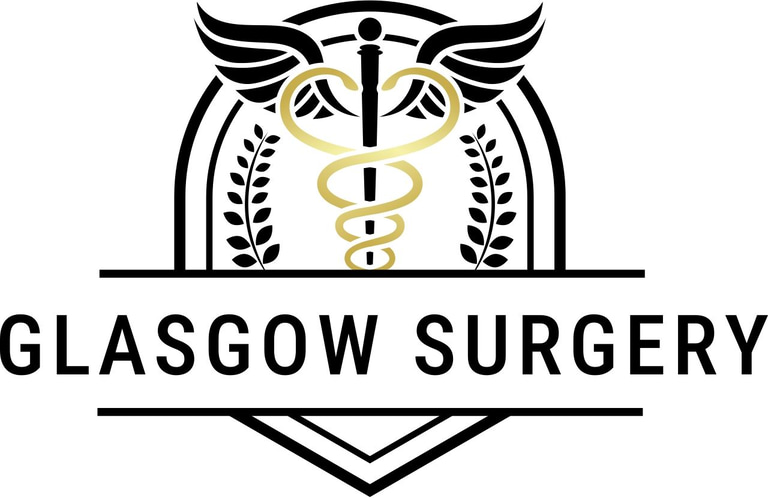Hiatus Hernia and Reflux
A hiatal hernia and reflux are closely linked, often with the hernia causing or exacerbating acid reflux. Hiatal hernias occur when part of the stomach pushes up into the chest cavity through a hole in the diaphragm. This can lead to acid reflux, where stomach acid and contents flow back up into the esophagus, causing symptoms like heartburn.
· Hiatal Hernia:
A hiatal hernia itself may not cause symptoms, but it can disrupt the normal functioning of the lower oesophageal sphincter (LOS), a valve at the bottom of the oesophagus that prevents stomach acid from flowing back up.
· Acid Reflux (Gastro-oesophageal Reflux Disease - GORD):
When the LOS doesn't close properly, stomach acid can back up into the oesophagus, causing symptoms like heartburn, chest pain, and an unpleasant sour taste in the mouth.
· Relationship:
A hiatal hernia can weaken or displace the LOS, making it more likely for acid reflux to occur. In some cases, a hiatal hernia is considered the primary cause of GORD.
Symptoms of Hiatal Hernia and Reflux:
Heartburn (burning sensation in the chest)
Acid reflux (sensation of stomach acid flowing back up)
Regurgitation (bringing up small amounts of food or fluid)
Difficulty swallowing (dysphagia)
Chest pain
Sour taste in the mouth
Treatment:
· Lifestyle Changes:
Eating smaller meals, avoiding certain foods and drinks (like alcohol, caffeine, and fatty foods), and maintaining a healthy weight can help manage symptoms.
· Medications:
Antacids, H2-blockers, and proton pump inhibitors (PPIs) can help reduce acid production and relieve symptoms.
· Surgery:
In some cases, surgery may be needed to repair the hiatal hernia and address the underlying cause of acid reflux.
If you experience frequent or severe symptoms of acid reflux or heartburn, it's important to consult a doctor to determine the cause and receive appropriate treatment..
